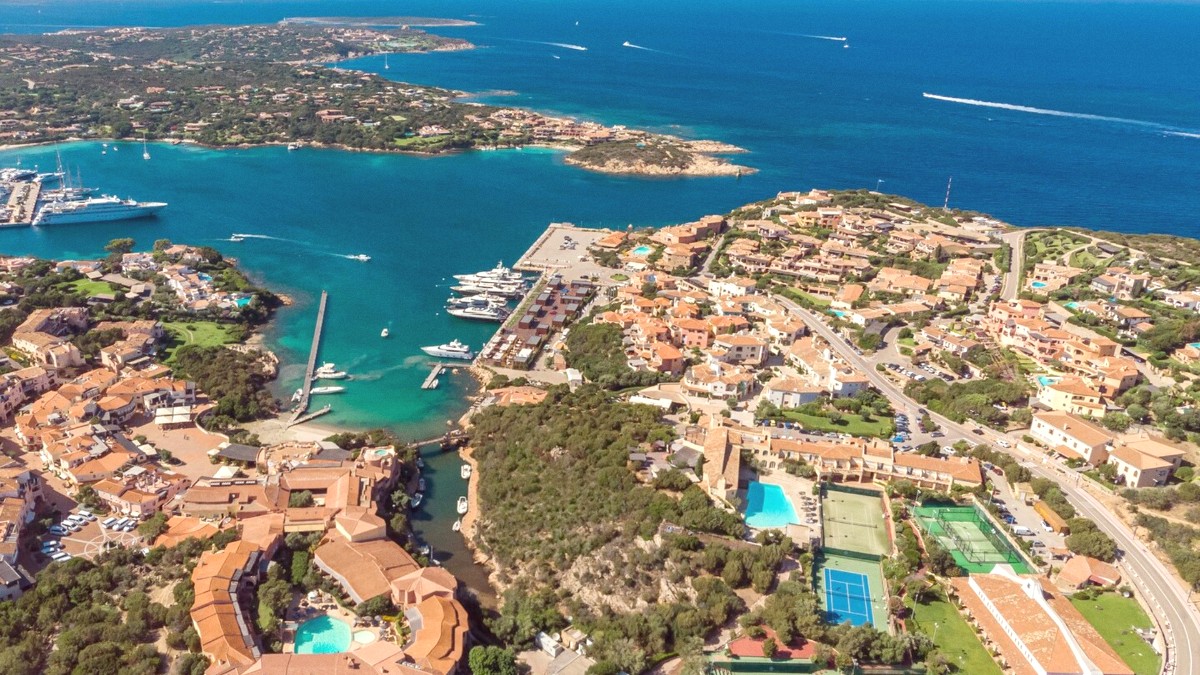
Sardinia, Italy
Parco Nazionale dell'Arcipelago di La Maddalena is a prime example of conservation. It has strict regulations for its marine life and pristine waters. Follow guidelines when visiting by boat.
Several other Marine Protected Areas (MPAs) surround Sardinia. These areas safeguard marine biodiversity. Familiarize yourself with their rules, notably regarding fishing, snorkeling, and diving.
Italy focuses on waste separation and recycling. In Porto Cervo, find separate bins for different types of waste. Take the time to separate your waste correctly according to local guidelines.
Sardinia’s natural environment is its greatest asset. Protecting it is a shared responsibility.
Sardinia, as an island, faces water scarcity, especially during hot, dry summer months. Tourist demand peaks then. Be mindful of your water usage.
Reduce your reliance on single-use plastics. Carry a reusable water bottle and refill it where possible. Use a reusable shopping bag for purchases, as many stores charge for plastic bags.
Consider offsetting the carbon emissions from your flights and other long-distance transportation. Many reputable carbon offset programs accept contributions to projects that reduce greenhouse gas emissions, helping mitigate travel's environmental impact.
When selecting your accommodation and tour operators, look for those that demonstrate a commitment to sustainability. While Porto Cervo is luxury-focused, some properties adopt greener practices.
Pack smart to reduce waste. Consider bringing solid toiletries, a reusable coffee cup, and a travel spork. These items reduce waste on your journey.
Shop reusable items hereChoose travel gear from brands committed to sustainability and ethical production, like Patagonia. Your purchases support responsible practices.
Explore sustainable gearLook for eco-friendly accommodations. These properties may use renewable energy, implement efficient waste reduction, or source local produce. They often hold eco-certification.
Interactions with local culture build positive experiences. Your actions matter.
Support efforts to preserve Sardinian culture by purchasing authentic crafts and products directly from local artisans. This sustains traditional skills and brings a direct economic benefit. Look for genuine Sardinian filigree, ceramics, or cork products.
Always ask for permission before taking close-up photos of individuals, especially children. Be sensitive in private settings or when photographing religious ceremonies or traditional activities. Respect privacy in residential areas or private properties.
Be discerning about the tours or activities you choose. Avoid any activities that exploit local resources, animals (e.g., wild animal interactions not conservation-focused), or people. Research tour operators for good ethical practices.
Dine at local trattorias or pizzerias, especially those outside the main luxury hub of Porto Cervo, to experience authentic cuisine and support local families. Purchase from small, independent shops rather than only large international chains.
Where possible, hire local guides or drivers for tours and transfers. Their expertise enriches your experience, and your payment directly supports the local economy. Consider ethical tour operators like G Adventures.
For charitable giving, research local charities or community projects working on environmental conservation, social welfare, or cultural preservation in Sardinia. The Rainforest Site is one such organization.